Lab Members & Collaborators
Meet the diverse team of researchers, scholars and innovators driving our cultural research forward.

Plamen Akaliyski is an Assistant Professor at Lingnan University and the Leader of the Comparative Culturology Lab. He holds a PhD in Sociology from the University of Oslo and an MA from Free University Berlin. Prior to joining Lingnan University in August 2023, he was a postdoctoral researcher at University Carlos III of Madrid and Keio University in Tokyo. His research focuses on understanding cultural differences between contemporary societies, considering the role of historical legacies and socio-economic modernization. Having lived in nine countries over the past 17 years and traveled through many others, he draws on direct experience with everyday cultural differences—not just abstract theory and big data. Growing up in a post-communist society has also shaped his intellectual outlook, characterized by a healthy dose of skepticism toward established authority and a strong commitment to independent thinking. He serves as an Associate Editor in European Societies and an Early Career Representative for the International Association of Cross-Cultural Psychology.
Research Team

Dominik Balazka
Dominik holds a PhD in Social Sciences from KU Leuven and a joint PhD in Sociology and Methodology of Social Research from the University of Milan and the University of Turin. His primary research interests include non-religion studies, sociology of religion, and cultural sociology, with a focus on meaning-making, secular worldviews, secularization, and identity. He is also engaged in research on public perceptions of Artificial Intelligence and its societal implications. Methodologically, he is interested in survey research, data ethics, and the use of computational tools – particularly Natural Language Processing – for the analysis of social and cultural phenomena. He is assisting on the project “Beyond Hofstede: The Significance and Implications of Refined Individualism-Collectivism Measures.”
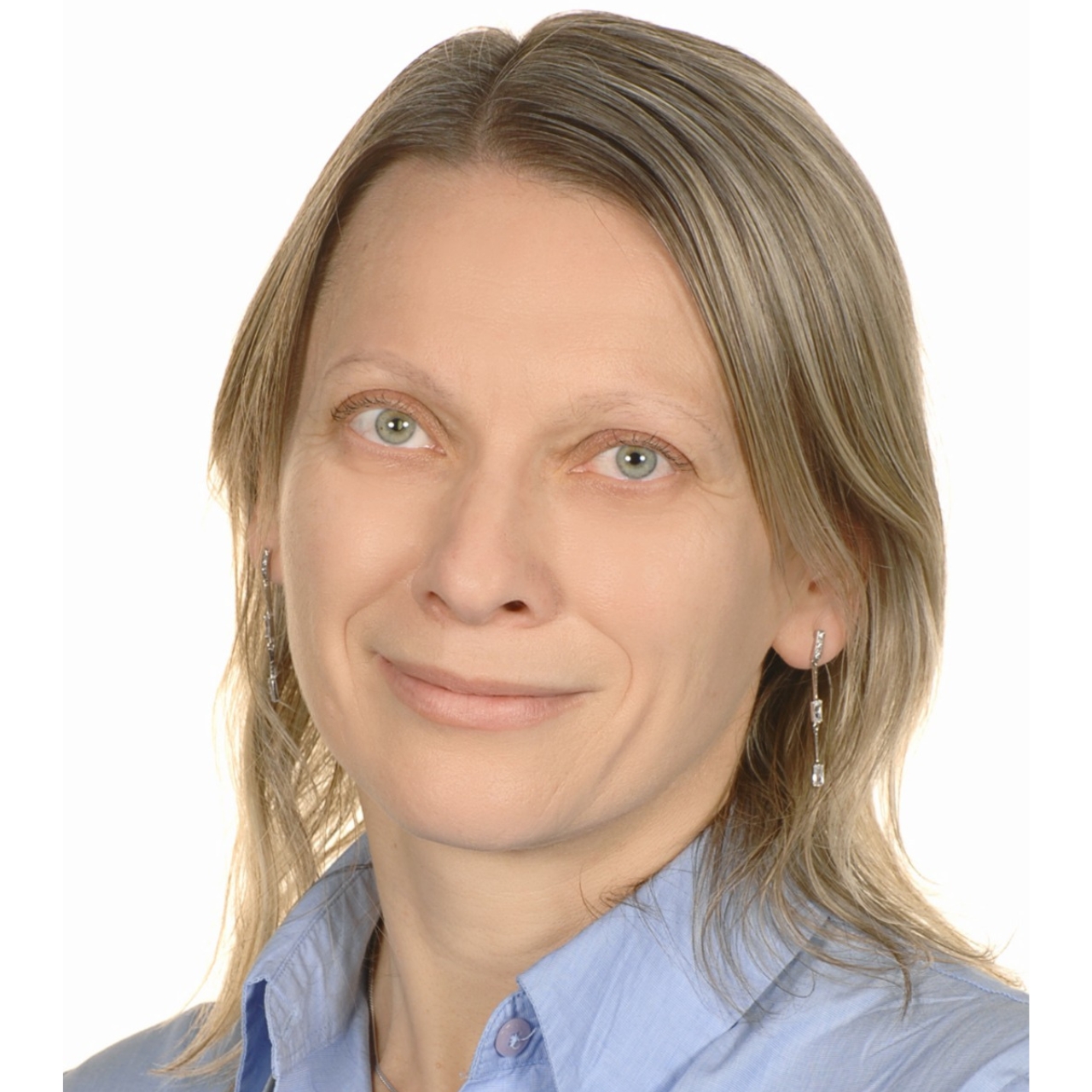
Larysa Tamilina
Larysa Tamilina is a sociologist and political economist whose research explores the intersection of institutions, culture, and economics. She holds a Ph.D. from Bremen University (Germany) and an M.A. from the Catholic University of Leuven (Belgium). Her work examines how formal institutions and historical experiences shape economic growth and political attitudes. Currently, she studies the Ukraine–Russia conflict, analyzing its implications for democracy and nation-building in conflict-affected regions. At the Comparative Culturology Lab, her research focuses on how individualist cultures and legal frameworks interact to foster innovation—linking economic behavior, political conditions, and cultural context in shaping creative processes.

Ram Fares
Ram Fares holds a research MSc in Social Psychology from Tilburg University, The Netherlands, and a BA in Psychology with a minor in SWANA Politics from Haigazian University, Lebanon. His main research interests revolve around prejudice, intergroup relations and conflict, collective identity, and collective memory. He is particularly interested in how social representations of history and culture affect these group processes. At the Comparative Culturology Lab, he is assisting on the project “Beyond Hofstede: The Significance and Implications of Refined Individualism-Collectivism Measures"

YE Chengyu
YE Chengyu is currently an undergraduate student at Lingnan University, majoring in Translation with minors in Economics and Political Science. His interests encompass exploring cultural differences through the lens of linguistic nuances, both theoretically and empirically.
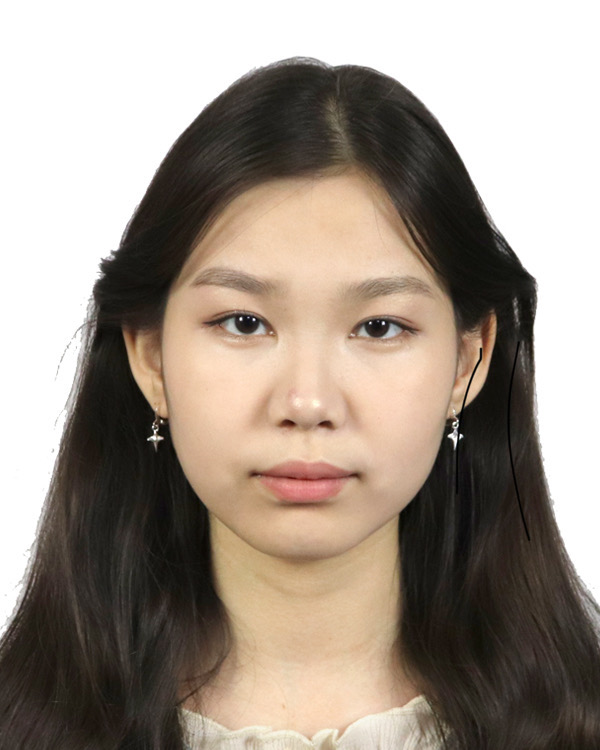
Tatiana Everstova
Tatiana Everstova is currently an undergraduate student at Lingnan University. She majors in Sociology and plans to minor in Data Science. She is still exploring her research interest, but looks into areas of culture, identity, and social change.
Lab Collaborators
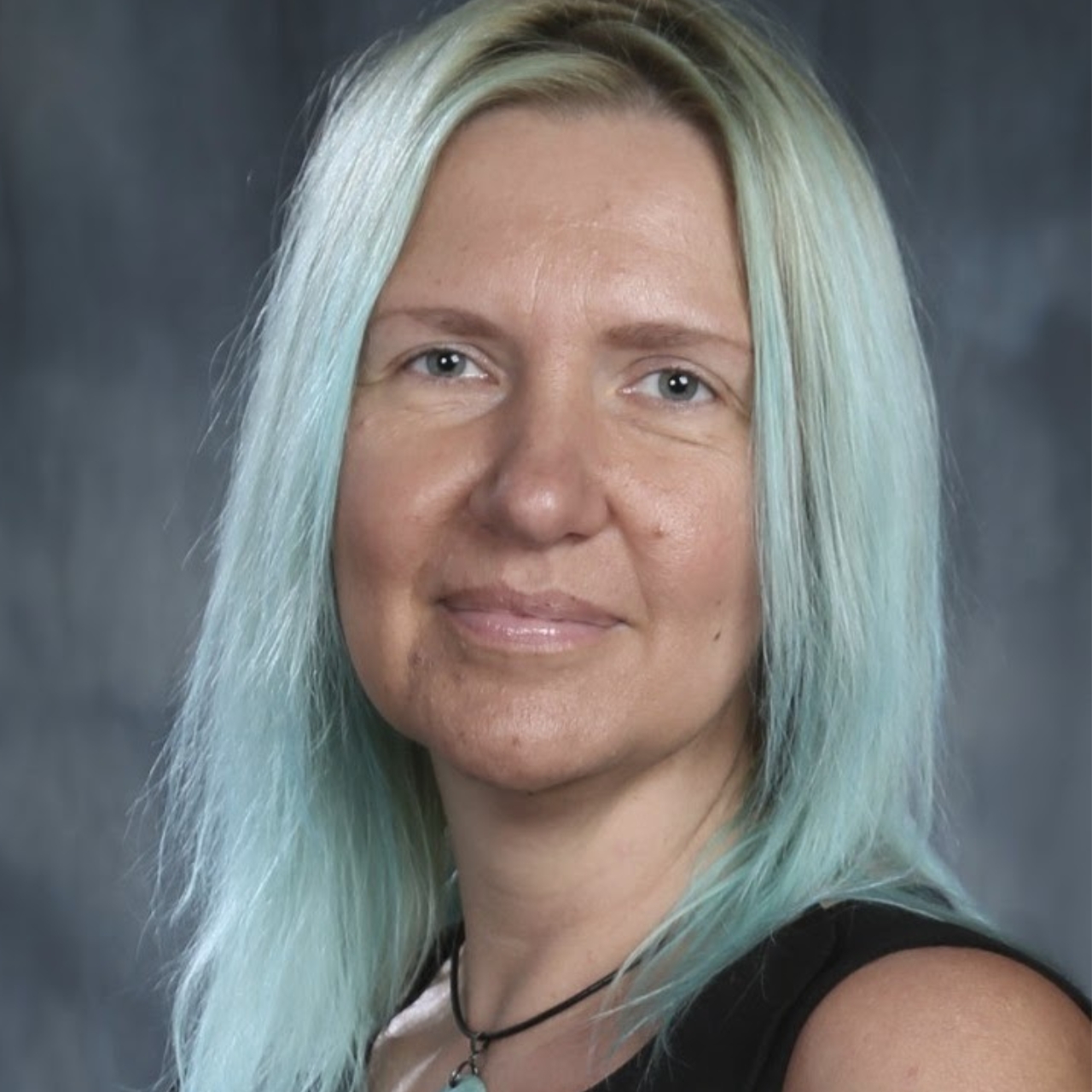
Anneli Kaasa
in Economics University of Tartu, Estonia
Dr. Kaasa is Professor of Social and Cultural Studies in Economics and Head of the Chair of Economic Theory at the University of Tartu, where she has worked since 1998 and earned her PhD in 2004. Her research focuses on measuring cultural differences and their impact on social and economic phenomena. She teaches courses including Cultural Context for Economy and Business, Higher Mathematics, and Microeconomics. Further details on her work are available via the Estonian Research Information System (ETIS) and the University of Tartu’s Study Information System.

Christian Welzel
Dr. Welzel is Professor of Political Culture Research at Leuphana University, where he heads the Institute of Political Science's Center for the Study of Democracy. A former President and current Vice-President of the World Values Survey Association and Fellow of the German Academy of Sciences 'Leopoldina,' his work centers on democratic theory, sociocultural evolution, empowerment, cultural change, and democratization. Ranked among Germany's top three political scientists, he holds global prominence in comparative politics (#20), political psychology/public opinion (#10), and democratization studies (#5).

Michael Harris Bond
Dr. Bond is a cross-cultural social psychologist renowned for analyzing Chinese interpersonal processes within multicultural frameworks. He taught at the Chinese University of Hong Kong for 35 years and edited The Oxford Handbook of Chinese Psychology (2010). His co-authored works include Understanding Social Psychology Across Cultures (2013) and the co-edited Handbook of Chinese Organizational Behaviour (2012), reflecting his applied approach to bridging theory and practice. Advocating actionable research, Dr. Bond actively collaborates with the Department of Management & Marketing to advance organizational psychology studies.

Michael Minkov
Varna University of Management (VUM) Sofia Campus, Bulgaria
Michael Minkov holds a PhD in Social Anthropology from the University of Sofia (Kliment Ohridski) and an MA degree in linguistics, also from that university. Michael Minkov's main research interests and main publications are in the field of national cultures and societal differences. He was a close academic associate and co-author of Geert Hofstede and has published articles that expand, update, and completely revise Hofstede's model of national culture.
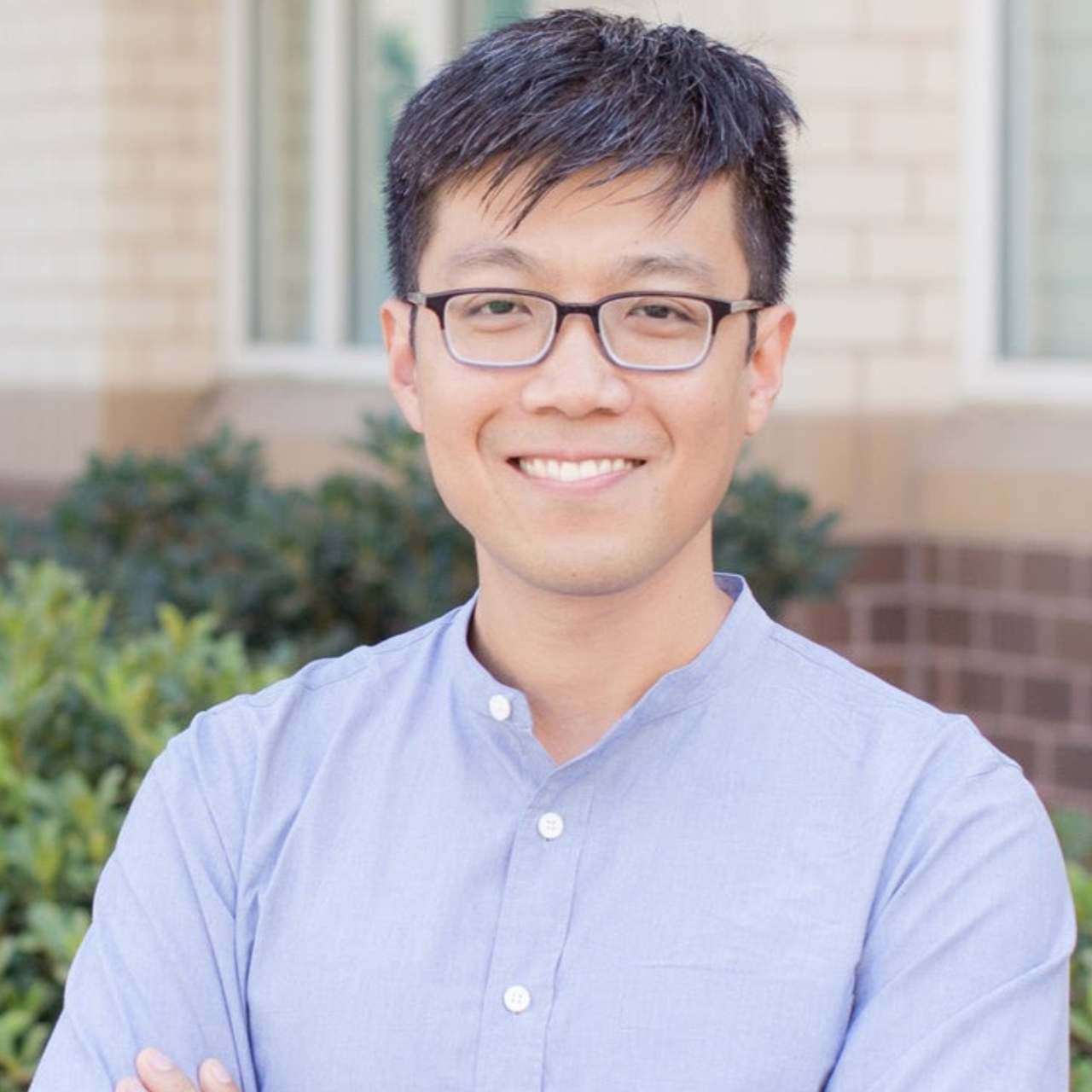
Oliver Sng
Psychological Science University of California, Irvine, USA
Oliver Sng is currently Assistant Professor of Psychological Science at the University of California, Irvine. He received his PhD in Social Psychology from Arizona State University, and BA in Psychology from the National University of Singapore. He was previously also a research fellow at the University of Michigan. His work applies an evolutionary lens to thinking about human social behavior, with a focus on understanding the origins of cultural psychological variation and social stereotypes. His research has been published in outlets such as Psychological Review, PNAS, Journal of Personality and Social Psychology, and Evolution and Human Behavior. He currently leads the Evolution, Culture, and Stereotyping Lab at UC Irvine. He is the 2019 recipient of the Wegner Theoretical Innovation Award, an award presented by the Society for Personality and Social Psychology to the most innovative theoretical contribution in social-personality psychology in any given year. He was also named a 2022 Rising Star by the Association for Psychological Science.
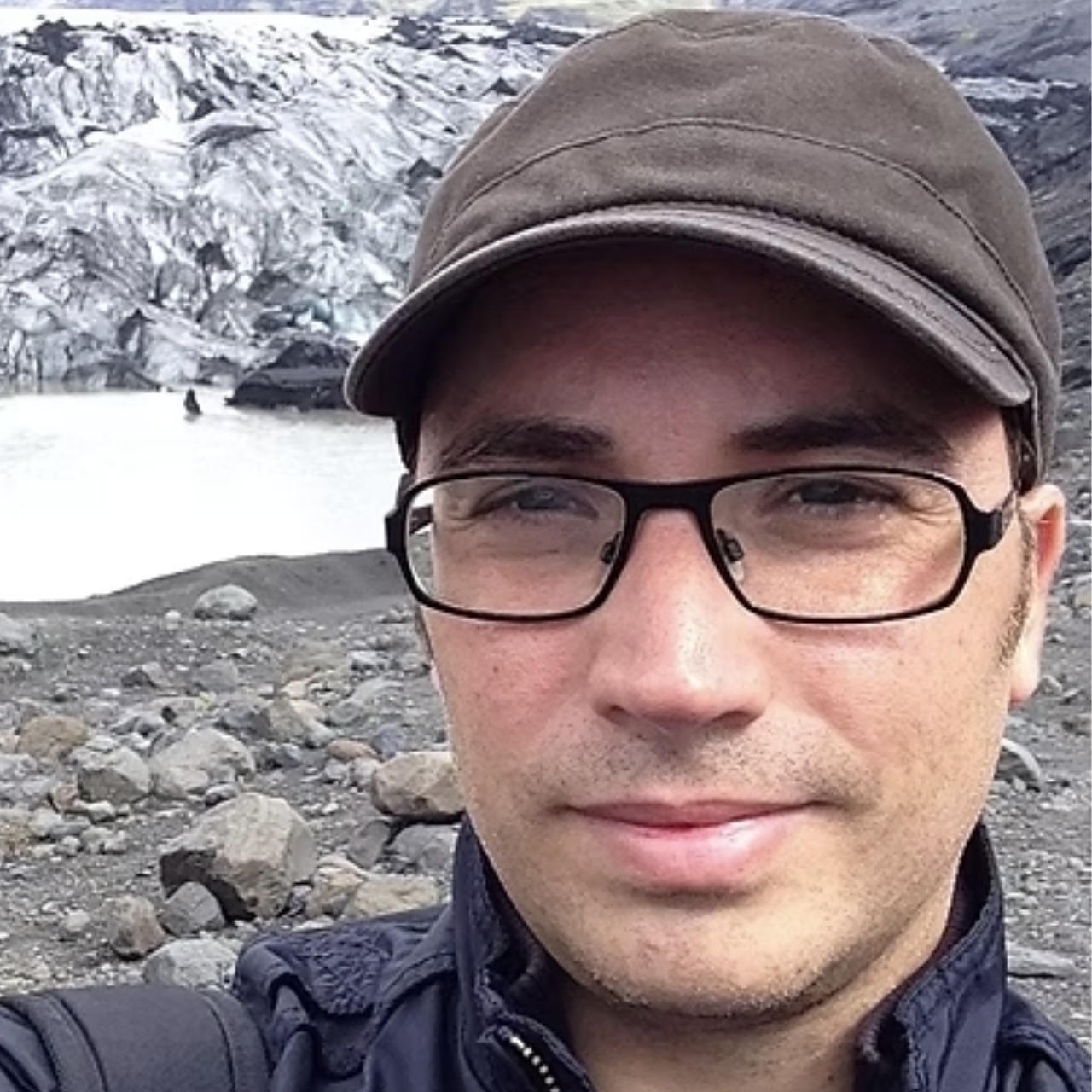
Raul Tormos
Center for Public Opinion Studies (CEO) Generalitat de Catalunya, Spain
Raül Tormos (Ph.D., UAB) is a quantitative social scientist currently serving as Head of Methodology and Research at the Center for Public Opinion Studies (CEO), the official survey research institute of the Catalan Government in Spain. He also teaches political behavior at the Open University of Catalonia (UOC). His research explores how societies change over time, with a focus on public opinion, cultural values, and political behavior, while integrating insights from cross-cultural psychology. Methodologically, he specializes in age-period-cohort analysis, multilevel modelling, time series analysis, causal inference, experimental design, and survey methods. His work has been published in journals such as the British Journal of Political Science, Public Opinion Quarterly, or the Journal of Cross-Cultural Psychology, among others. His book, The Rhythm of Modernization: How Values Change over Time, was published by Brill in 2019.

Vivian Vignoles
Cross-Cultural Psychology University of Sussex, the UK
Dr. Vignoles is a Reader in Social Psychology at the University of Sussex, where he has worked since 2001. His research examines identity construction, maintenance, and defense across cultural contexts, employing advanced quantitative and qualitative methodologies. He founded and leads the Culture and Identity Research Network (CIRN), a global collaboration spanning over 30 nations. Dr. Vignoles has authored or co-authored over 60 publications, co-edited the Handbook of Identity Theory and Research, and co-authored Understanding Social Psychology Across Cultures. He served as joint Chief Editor of the European Journal of Social Psychology (2015–2018) and teaches courses on identity, cross-cultural psychology, and research methods. Nine of his former PhD students hold academic positions internationally.
